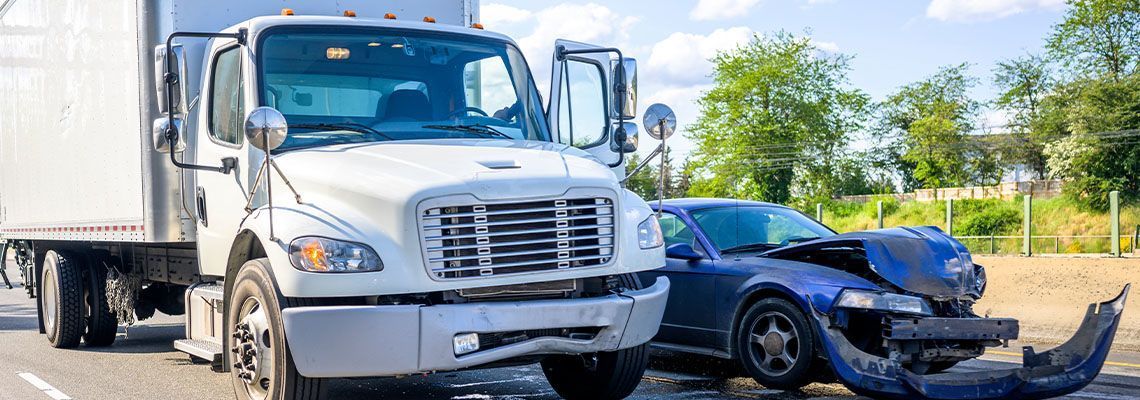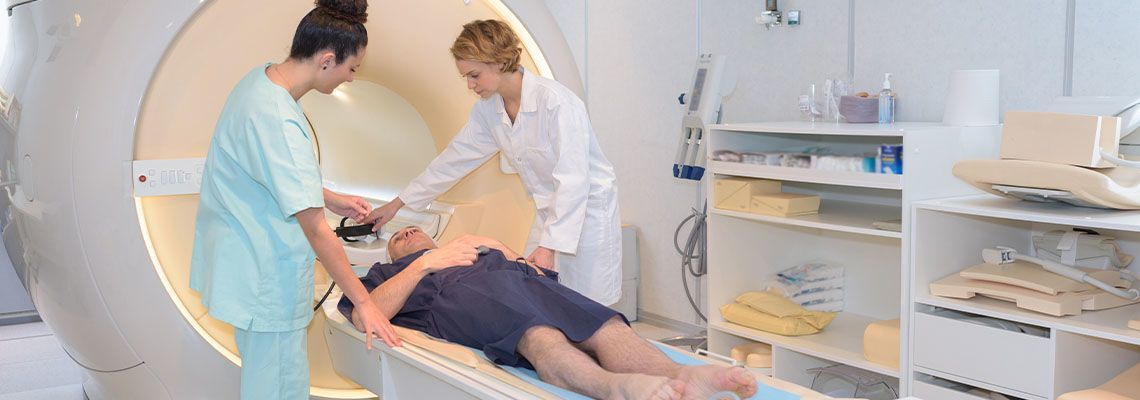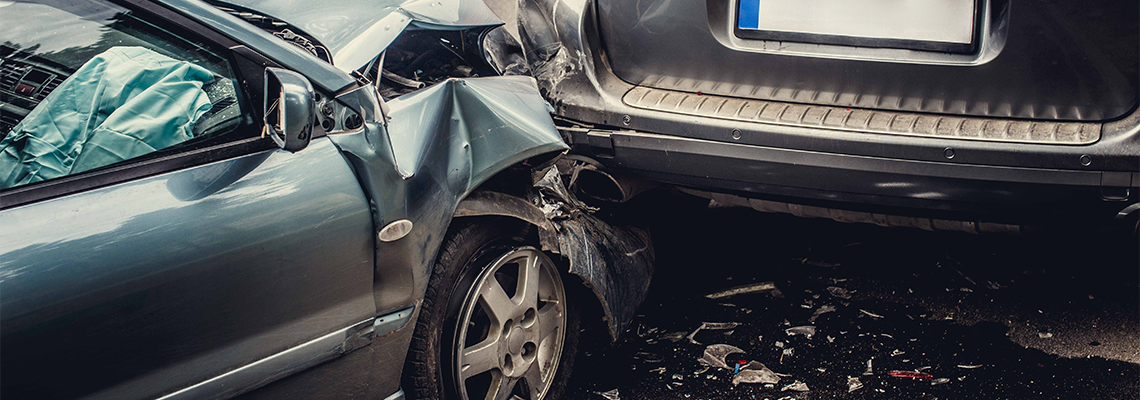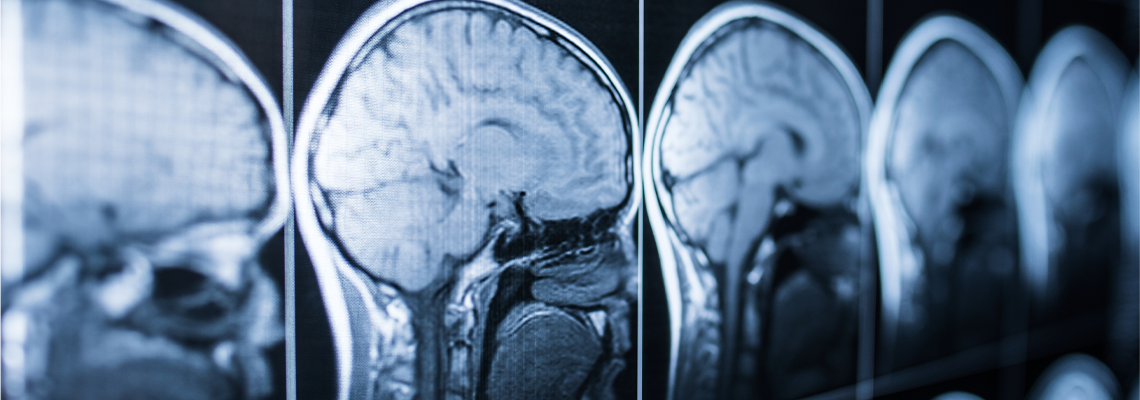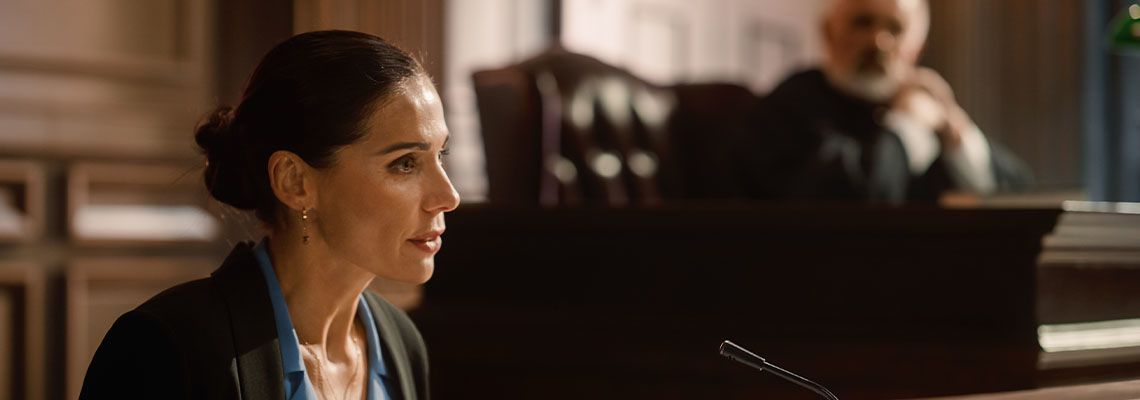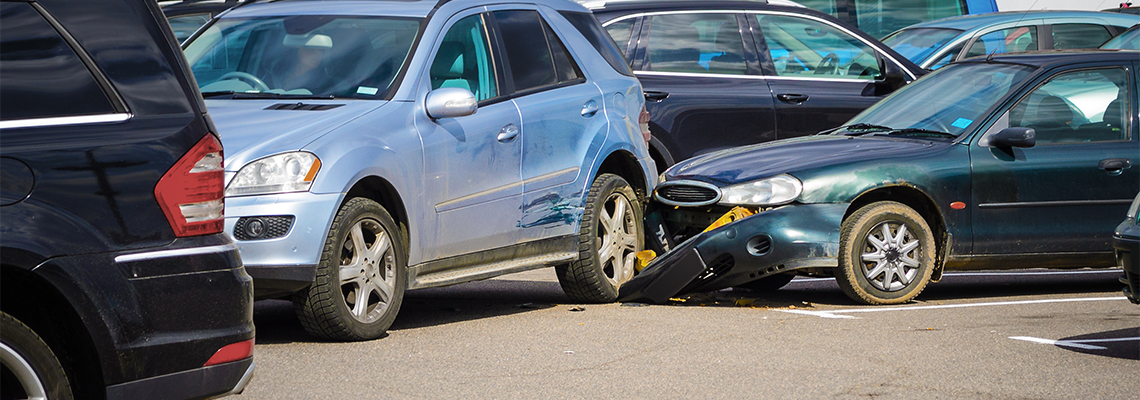Why a Dashcam Is Important
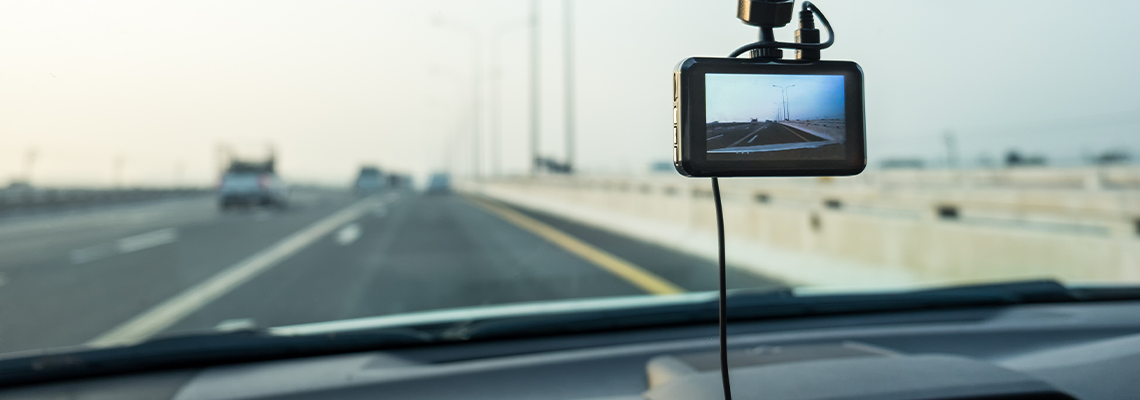
Driving on the road can be risky. Any trip you take has the potential to lead to legal, insurance, and injury issues, no matter how safely you drive. Similarly, regardless of how closely you follow traffic laws, if you ever find yourself involved in an accident with a reckless driver, you'll need sufficient evidence to prove that the other party was at fault.
This dynamic highlights the importance of a dashcam for drivers—because a dashcam can be a crucial tool in providing evidence for legal and insurance claims, many lawyers recommend that drivers invest in a dashcam for added protection.
What Even Is a Dashcam?
A dashcam, short for dashboard camera, is a specialized on-board surveillance device designed to record sounds and images while you are driving. Mounted inside the vehicle, typically on the dashboard or windshield, these compact cameras begin recording once the car's engine is turned on.
They serve as an impartial witness to everything happening on the road ahead (or behind, if equipped with rear-facing cameras), capturing footage that can be invaluable in the event of an auto accident, road rage incident, or traffic violation dispute. Their ability to provide concrete evidence makes them an essential tool for ensuring accountability on the roads.
Are Dashcams Required in Massachusetts?
In Massachusetts, there is no law that specifically requires drivers to install dashcams in their vehicles. However, Massachusetts law does permit the use of dashcams as long as they adhere to certain privacy guidelines.
For instance, it's important to ensure that the dashcam setup does not obstruct the driver's view and that audio recordings comply with the state’s wiretapping laws, which generally require the consent of the person being recorded.
Brief Overview of Dashcam Benefits
Ultimately, the dashcam's primary function is to bear witness to your (vehicle's) every move. In a state like Massachusetts, where insurance laws can be as intricate as the Big Dig, these unassuming cameras pack more power than meets the eye.
Here are the primary benefits I like to point out:
- Tape Doesn’t Lie: Dashcam footage serves as strong legal evidence, recording incidents in real-time. In a court case where details matter, a clear video can significantly influence the outcome.
- Insurance's Best Friend: In the muddled aftermath of a traffic collision, your dashcam could provide the proof that your insurance company needs to settle your claim quickly and accurately.
- Preventing Crashes Before They Happen: They not only document the who, what, and when of an accident but also serve as a deterrent. Knowing that all actions are potentially being recorded can make drivers think twice before being reckless.
An Attorney's Perspective: The Road to Recovery With Dashcam Evidence
When an accident occurs, the sequence of events leading up to, during, and immediately after the incident is often disputed by the parties involved.
Dashcam footage offers a factual recount of the circumstances, making it an invaluable asset for attorneys and insurance adjusters. The video evidence it provides can confirm statements and demonstrate the dynamics of the crash—all helping to establish liability and the extent of damages incurred.
But the use of dashcam footage in court goes beyond merely identifying the responsible party. It can also influence the valuation of a claim, particularly in settling disputes regarding the severity of the crash and the injuries sustained.
In my experience, jurors and judges often find visual evidence more compelling than verbal testimony or static photographs. A video capturing the moment of impact and the conditions leading to it can vividly illustrate the plaintiff's experience, lending credibility to claims of physical harm and emotional distress. Consequently, dashcam evidence can play a crucial role in securing fair compensation for the injured party.
Furthermore, dashcams can capture critical details often overlooked or forgotten, such as traffic signals, road conditions, weather circumstances, and the actions of other drivers. This level of detail can be a game-changer in personal injury cases and car insurance disputes—where the precise cause of the accident and contributing factors are all under scrutiny.
Dashcams have the power to equip legal representatives with concrete evidence to support or refute claims, negotiate settlements, and present in court, thereby expediting the recovery process for injured individuals. Dashcam footage not only serves as an objective observer, but can also be a key player throughout any stage of personal injury litigation following an auto accident.
Address Your Questions With a Lawyer
While the benefits of having a dashcam are extensive, the most compelling advantage is the peace of mind it offers. In a state with traffic as unforgiving as Massachusetts, where a simple drive can throw a wrench in your day or change the course of your life, equipping a dashcam assures a level of control in the face of the unknown.
The potential for a dashboard camera to transform from an accessory to an invaluable aid in a time of need is not a gamble; it's an insurance policy of sorts, ensuring that the road ahead is paved with clarity and your rights are upheld.
I encourage every Massachusetts driver to consider the installation of a dashcam in their vehicle, not as a tool of skepticism or fear, but as a pragmatic enhancement to your safety and sovereignty on the open road.
Reach out to me at the Law Office of James A. Maniatis today for an informed discussion on how to protect your rights in the event of a vehicular incident. My firm has locations in Shrewsbury, Southborough, and Webster, Massachusetts; and I serve clients throughout the Commonwealth of Massachusetts, including Westborough, Northborough, Grafton, Boylston, Millbury, Upton, Dudley, and Oxford.

